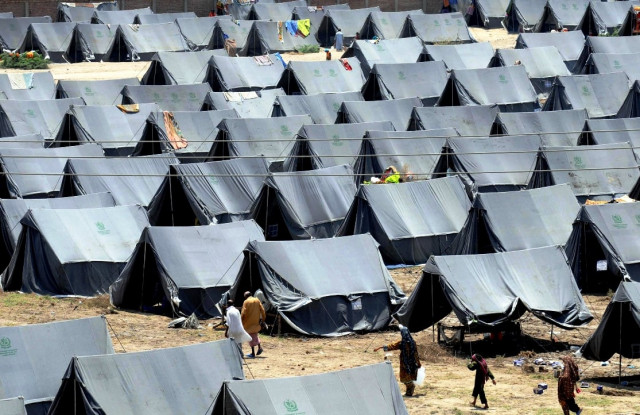Islamabad:
The Federal Minister of Climate Change and Environmental Coordination Senator Musadik Malik said on Thursday that his ministry is preparing for the 300-day implementation plan to confront the escalating effects of climate change, including risks from monsoon rain and glacier.
Malik said the action plan would be completed in coordination with federal ministries, provincial governments, armed forces, NGOs and welfare organizations.
“We must act within our own resources with the support of our civil administration, welfare institutions and armed forces to protect our children and communities,” he emphasized.
Flanked by chairman NDMA lieutenant General Inam Haider Malik noted the minister that Prime Minister Sharif, during a cabinet meeting, declared both a national emergency and an agricultural emergency.
Malik explained that the measures were preventive, with the aim of reducing losses from next year’s Monsun season and glown melting. “This is not unique to Pakistan. The whole world is changing and all nations have to wake up to this reality,” he said.
In detail about the government’s flood response, Malik said more than 2.5 million people had been evacuated to safer areas of Punjab, while Sindh received advanced warnings due to delayed water flow.
“From Sialkot to Narowal, Lahore, Shahdara, Jhang and Sargodha, two large flood waves have already been traced, where a now near head Punjnad,” he added.
Malik said the detailed climate action plan would be completed within a month and repeat the government’s obligation to resilience and emergency preparedness. “We do not ask such destruction ever to come again, but if it does, Pakistan will face it united with preparation, resilience and faith,” he concluded.
National Disaster Management Authority (NDMA) Chairman LT General Inam Haider Malik said on Thursday that the authority has provided 9,500 tonnes of relief for flooding to flooded areas in Punjab.
He said over 9,000 tents have been granted to Punjab as part of military contribution assistance. The total relief package includes 30,000 tents along with boats and ration sets, which form part of a large -scale humanitarian auxiliary initiative.
The NDMA chairman said more than 2.4 million people have been evacuated from flooded villages over Punjab.
Over 5,000 villages are currently submerged. The rehabilitation process begins in three to four weeks when flooding water retreats, and critical infrastructure such as roads and communication networks are restored.
In Sindh, he said that relief operations have gained momentum with the unprecedented involvement of volunteers. So far, about 150,000 people have been moved to safe locations where more evacuations are expected as weather conditions develop.



